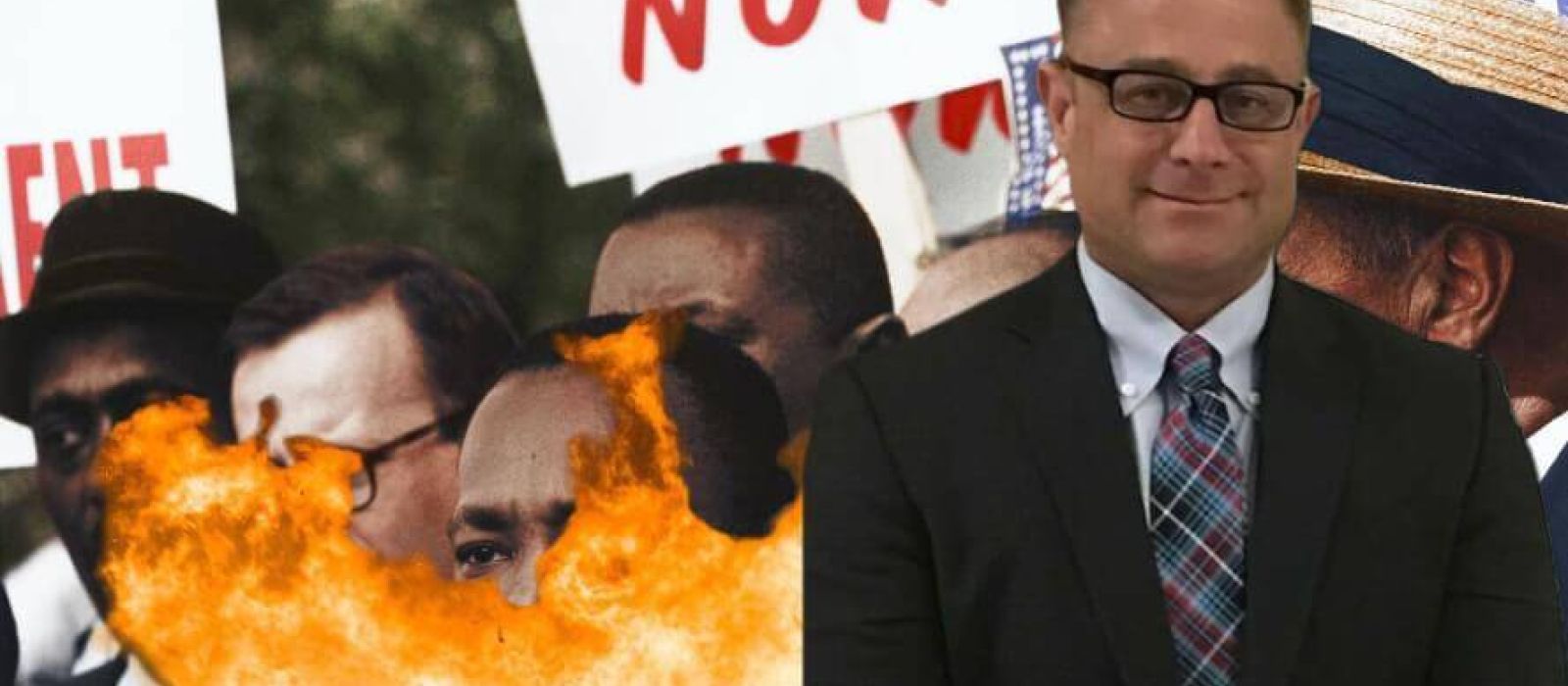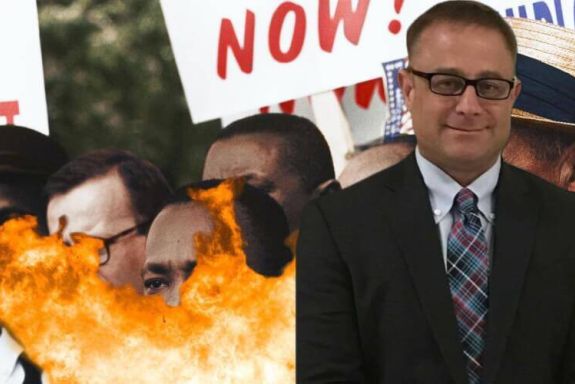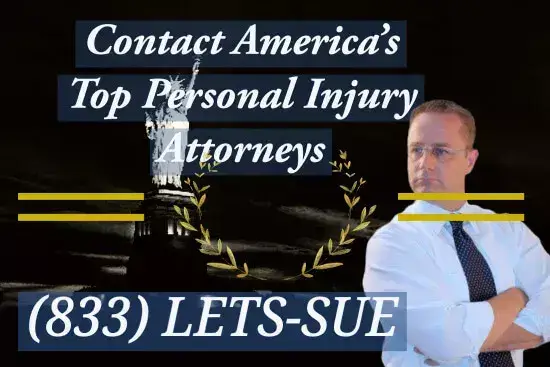

If we don’t win, you don’t pay.
NO WIN – NO FEE

ON CALL 24/7

U.S. Marine

Were You Abuse By A Government Agent? Our Civil Rights Attorneys Can Help!

But there are other cases like patrol cops depriving you of your lawfully held gun magazines. There are cases where public servants violate your right to counsel. Sometimes, they suppress your rights to ingress, egress, or some other fundamental liberty.
What Are Natural Law and Natural Rights?
Daily, there are cases of government employees depriving us of our unalienable rights. And as citizens of a free country and state, you have some rights that cannot be breached. Under principles of Natural Law, your& Natural Rights shall not become deprived by authorities. And if you haven’t done something wrong, even the protectors of the law have no right to put you in any trouble.
Hence, they should not cause you to distress in any way. These are your civil rights. And these sovereign rights act as a thick protecting wall. It would help if you had this wall. However, law enforcement agencies, representatives, and officers may cross the boundaries. When public servants abuse bestowed powers and harm you, you have rights. This colorable behavior is not allowed. Also, you have full rights to fight against it if it gets done.
Ehline Law Firm Personal Injury Attorneys, APLC Is Your True Civil Rights Protector
People are not bad. Only bad people are bad. Similarly, police officers are not corrupt. Lousy police officers are bad. But when a law enforcement officer is transgressing his boundaries and becoming harmful to the citizens, Ehline Law Firm Personal Injury Attorneys, APLC, are there for your protection. Our experienced injury attorneys know how to face these scenarios.
Hence, we can provide you with the protection you need. We also fight for justice. Because we fight for civil rights, we fight for you, the sovereign citizen. Most of all, you feel strength and security with Ehline Law Firm standing by you.
What Are Your Civil Rights?
First, you must research and study well to know your rights. Only by knowing your rights will you be able to identify the culprits. Stopping people taking advantage of your rights is paramount in a free country.
Law enforcement institutions, such as the Police, are meant to protect you. The country’s Constitution recognizes the preexisting rights of citizens. Furthermore, the idea was to limit and restrain the government with the “chains of the Constitution.” Particularly relevant, these rights must be implemented, catered to, and respected by every government official.
A civil rights violation occurs when a police officer goes beyond the limits set by the Constitution. Almost always, this harms citizens or affects people’s rights in some other way. There are many ways your civil rights can be affected, as given below.
What are the Many Ways Your Civil Rights Can Be Violated?
As mentioned above, you must know your civil rights to know when they are being violated. Furthermore, it is imperative that you contact an experienced attorney from Ehline Law when this happens.
Especially if it involves your loved one, counsel must insulate you. Rather than acting under your emotions, a lawyer stops you from taking the wrong step.
Below are a few types of violations and how to spot them.
- Violation Of Due Process: This happens when police officers step over the line drawn by civil rights. Many of these rights protect you from the Police. These rights force a duty on the Police. A function like this makes public servants follow specific procedures. And these are designed to keep your rights intact. So, for example, if the Police are in your house without your permission, you may have a case. For instance, the cop entered without a warrant. Let’s say no exception under the law applied to his presence. Hence, now they have violated your civil rights.
- Forced Confessions: Sometimes, the Police force an individual to admit a crime. Almost always, victims can argue torture forced the confession. Under pressure and due to beating and torture, people can end up confessing to falsities. So, this violates your Natural rights to be free and engage in the pursuit of happiness.
- False Arrest: Sometimes, police officers can arrest and put a person behind bars. And this could be despite having no evidence. Or it could be they have microscopic proof of the actual event. And this is called acting under the “color of law” and “official right.” This is a form of kidnapping and is also a false arrest. So now, the victims have no reasonable means of escape. Next, they get jailed. So they are subject to being anally raped by convicts in the County or State penal systems. Last, this violates Title 42, Section 1983, et. seq.
- Wrongful Death Police brutality can result in the wrongful death of the person as well. Even if the person was violent in his conduct, the Police do not have the right to torture the person to death.
- Unlawful Seizure: Your property cannot be seized unless the police officer has a warrant to do so. So, no matter what the situation, if that happens, it is a violation of your civil rights.
- Abuse With Tasers: Tasers are used by police officers. They are often used to tackle situations where an individual is showing a lack of cooperation. Usually, the suspect is behaving violently. However, at times, the police officers might use them unnecessarily.
- Failure of Intervention: Now, this is a tough one. The U.S. Supreme Court has ruled that municipal Police have no duty to protect individuals. But there are instances when public servants assume such a duty. In that case, a citizen may become harmed when the police officer is present at the scene.
If he doesn’t intervene to protect the citizen, there is a violation. In fact, this could be a direct violation of the police officer’s oath.
- False Shootouts: Some police shootings may start as a result of wrong interpretation. So, bad judgment of a situation can lead to lost lives. Such a shooting may result in harm to innocent citizens. Often, it can even take the life of a hostage or a friendly bystander.
However, there are many instances where Police might deal with a situation in a way that is not allowed by law. Tapping into phones and making videos is another example. If it is done without a person’s permission, it is a violation of civil rights. This means victims deserve to receive an award of superior financial compensation.
What Compensation Are You Entitled To?
You will have the right to receive full compensation for all the damage and harm done to you. And, like tort cases, you receive compensation for physical, bodily, financial, and property damages. Present and future damages are also considered when compensation is awarded.
So here’s what you are entitled to:
- Expenses you had to make for your medical care, treatment, nursing, and stay.
- Reimbursement for damages done to your property.
- Compensation for income and wages lost due to injuries or false imprisonment.
- You might face loss of consortium and other social discrimination due to false imprisonment.
- Suffering and pain that you have gone through as a result of the torture and brutality from the Police.
- Compensation for emotional distress that came with false arrest. So, this could be a violation of property rights or unnecessary torture.
- Loss of capacity to earn in the future.
Getting in touch with an experienced and sharp-minded lawyer can guarantee certain safeguards. You will now receive all the compensation allowed under the law.
Schedule a Free Consultation With Civil Rights Attorneys In Los Angeles
Ehline Law Firm is proud to have some of the bravest and undaunted attorneys on its team. These individuals have seen real battles as part of the U.S. Military, so they are not afraid of any entities or circumstances.
Most of all, these people can greatly support you as they stand by your side. Contact Ehline Law today and make sure your rights are not violated—today, tomorrow, and never. Call or use our website contact form now at (213) 596-9642.

